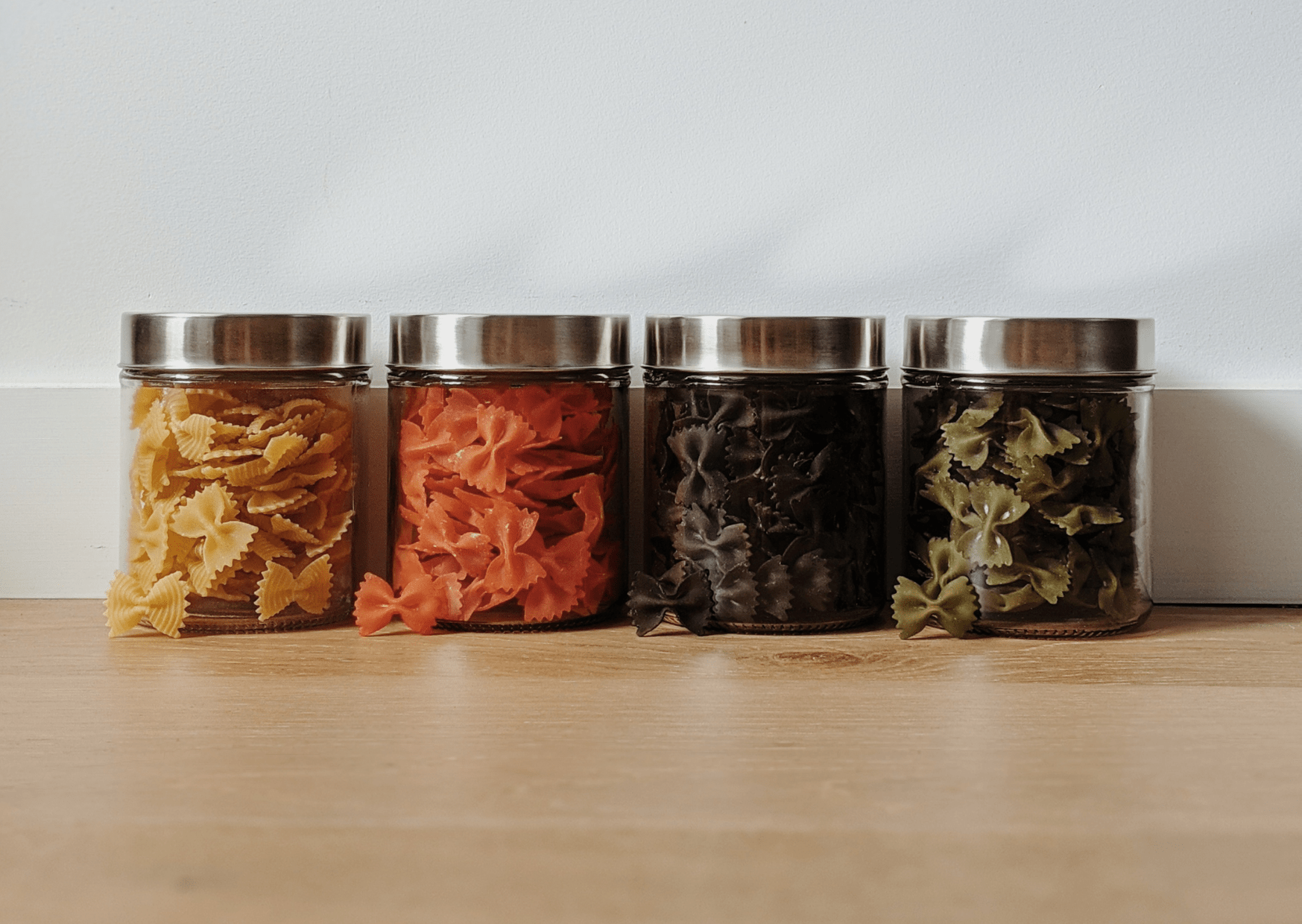
7 Ways of Going Zero Waste on a Budget
What’s the definition of zero waste?
Zero waste is a set of principles that outline the way we can live in accordance with circular values and move away from the current linear economy - whereby products are made from raw materials, used, and then thrown away.
What is a zero waste lifestyle?

A zero waste lifestyle essentially involves minimising the amount of waste sent to landfill. It’s a way of making and using items productively, focusing on what we really need and maximising the lifespan of these products in order to minimise the effect they have on the planet. Unlike in the linear economy, where products get thrown away at the end of their usable lives, products in the circular economy are designed to get incorporated back into the system in a continual loop.
How to embrace a zero waste lifestyle on a budget
Don’t be put off by the ‘zero’ in ‘zero-waste’ – it’s not as impossible as it sounds!
It’s about adjusting your lifestyle so that your consumption habits are in accordance with values based on economy and sustainability.
We’ve put together a selection of ways in which it’s possible to embrace a zero-waste lifestyle on a budget – and some of these methods are likely to save you money!
Mindset adjustments
Take a step back from your life and have a think about how much ‘stuff’ you really need. Are the items you have around you contributing in a meaningful way to your life, or do they become clutter that quickly gets thrown out? Next time you’re shopping, think carefully about whether you really need the products you’re buying.
Buy it right first time!
If you can’t get by without a particular product, think about how much usage you’ll get out of it. How long will the item last, and what will happen to it at the end of its usable life?
It’s true to say that investing in a good quality product can save you money in the long run. Whether this is re-usable period products, a good quality pair of shoes, or a coat that will last you years, think about the money you’ll save in the long run from not having to frequently replace this item.
Clothes are a great example of this. Garments that are made well tend to last longer, so those more expensive items might be more affordable from a ‘cost per wear’ perspective. In the long term, buying fewer, good quality clothes will save you money. And these good-quality pieces are also more likely to retain their value if looked after well.
Good quality, sustainable clothing doesn’t have to be expensive – check out our blog post on affordable sustainable fashion for some more great tips!
Buy second-hand

Buying used items is a great way of reducing waste and minimising your impact on the environment. Every second-hand item you buy is one less brand new item you’ll need, which means you’re helping to save all the resources that would go into making this new item from scratch (such raw materials, energy, chemicals and human labour).
What’s more, buying second-hand also helps to increase the lifespan of the product in question, which in turn dramatically reduces its original environmental footprint. For instance, extending the lifespan of clothing by just 9 months of active use reduces carbon, water and waste footprints by 20-30% each (WRAP, 2015).
Check out our blog post for some great advice on how to buy second-hand clothes.
Maintaining and repairing

One of the most effective ways of embracing a zero waste lifestyle is to get the most out of the products you already own. It’s much better to get the most out of a jumper you already own (sustainably made or not!), than to throw it away and buy a new sustainable alternative.
There are many ways you can extend the lifespan of your clothes by looking after them and washing them well. Check out our easy mending tips for some trouble-free methods of patching up those old favourites!
Similarly, a plastic bag is not always a bad thing, if its used in the right way! They were actually invented to save the planet. It’s our attitude of disposability towards plastic that’s the main problem, so re-use and recycle plastic you already own to minimise its impact on the environment.
Did you know? Bags for life need to be used four times in order to be better for the environment than their single-use counterparts.
Say no to single-use items
It’s much better to choose non-disposable options!
There are plenty of affordable ways to avoid some of the main disposable plastic culprits: plastic bags, plastic water bottles and coffee cups. Reducing single-use plastic can be easy if you start simple and focus on some specific areas and habits.
Say no to anything you can do without, such as drinking straws. Do you really need that extra bag at the supermarket, can you buy loose veg instead of packaged? Look out for opportunities to avoid plastic and unnecessary packaging where possible.
Make your own food
Home cooked food tends to produce less waste than takeaway/restaurant options, so eat your own when you can! If you’re going out, consider making a packed lunch to avoid the disposable packaging of ready meals.
Buy food in bulk
It’s almost impossible to avoid single-use plastics at the supermarket, and even though plastic-saving measures are slowly being introduced, plastic is still a pervasive material in most packaging. Buying certain foods in bulk can help to minimise some of this unnecessary waste. Next time you’re at the supermarket, try to buy long-lasting products in bulk, such as nuts, seeds, and grains.
Have you got any more ideas, or any methods that have helped you to minimise your waste! If so, we'd love to hear from you - just drop a comment in the box below, or get in touch at hello@youunderwear.com 💚
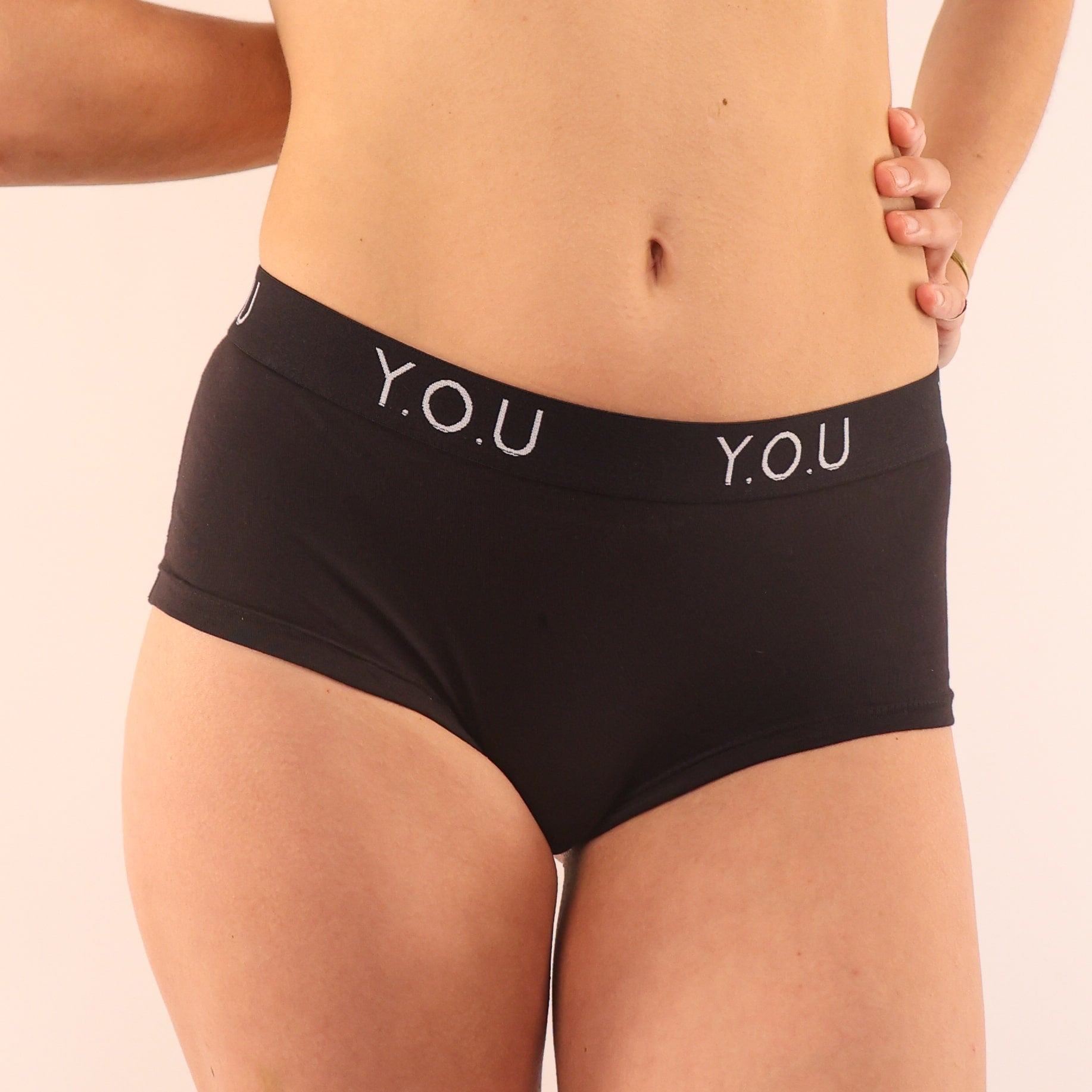


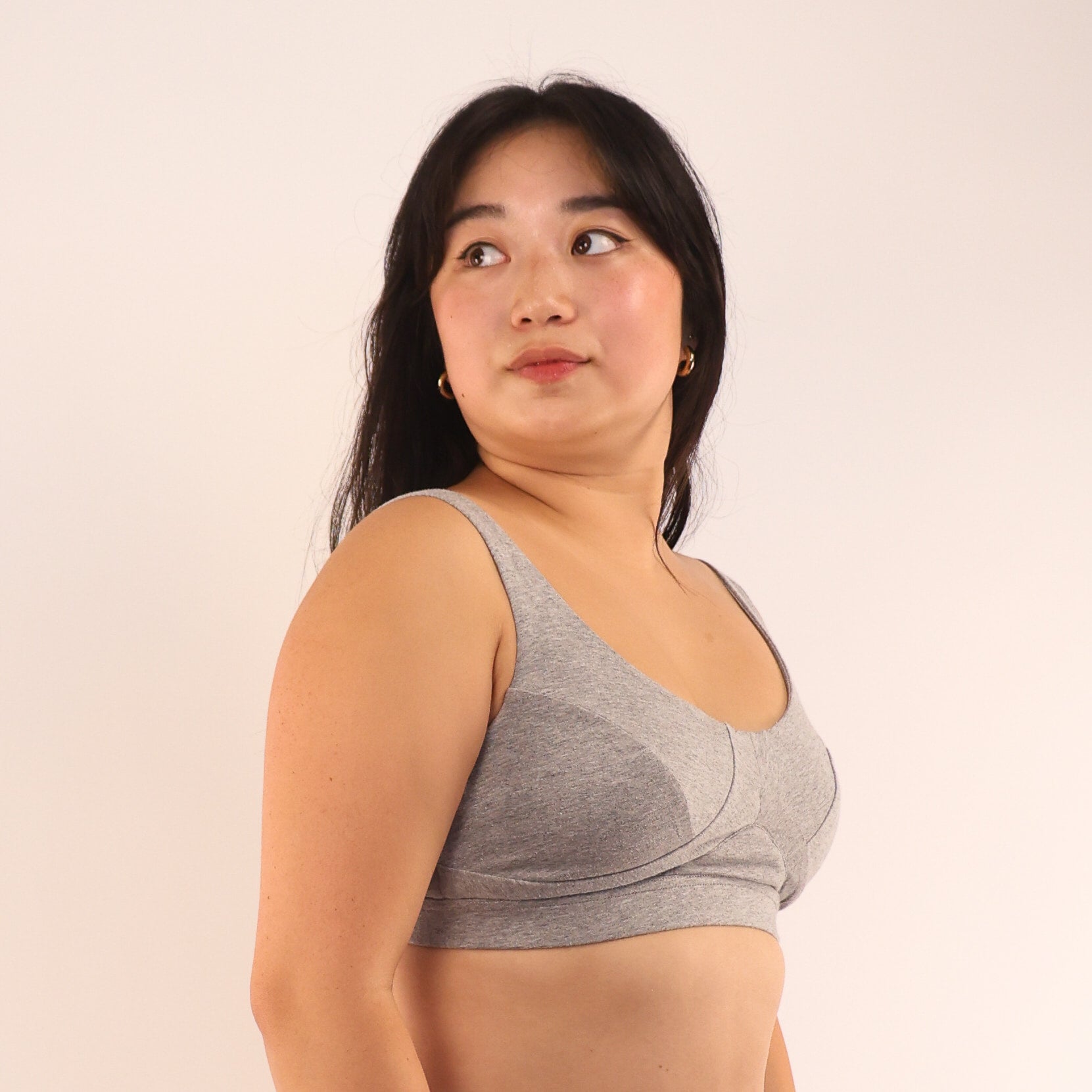
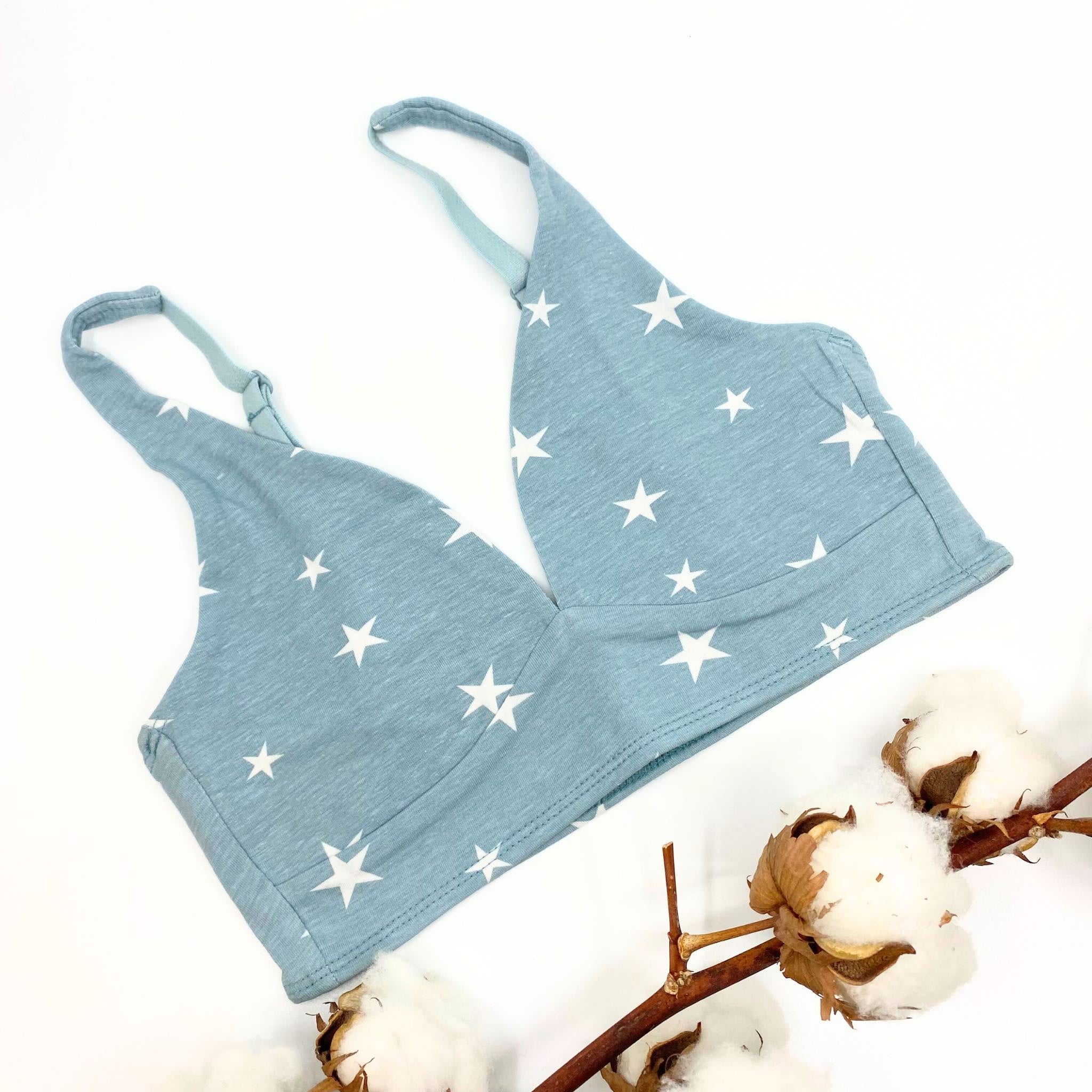
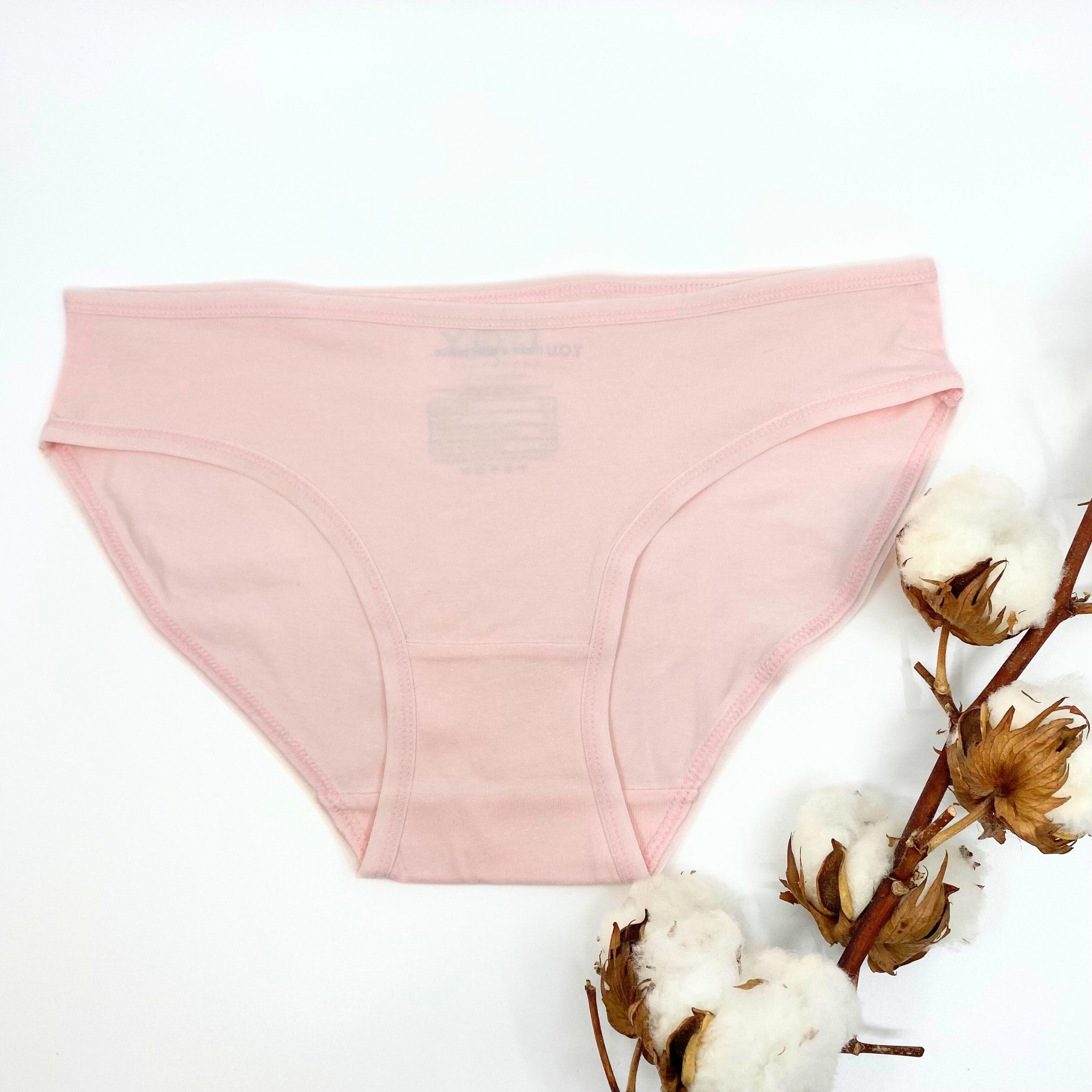
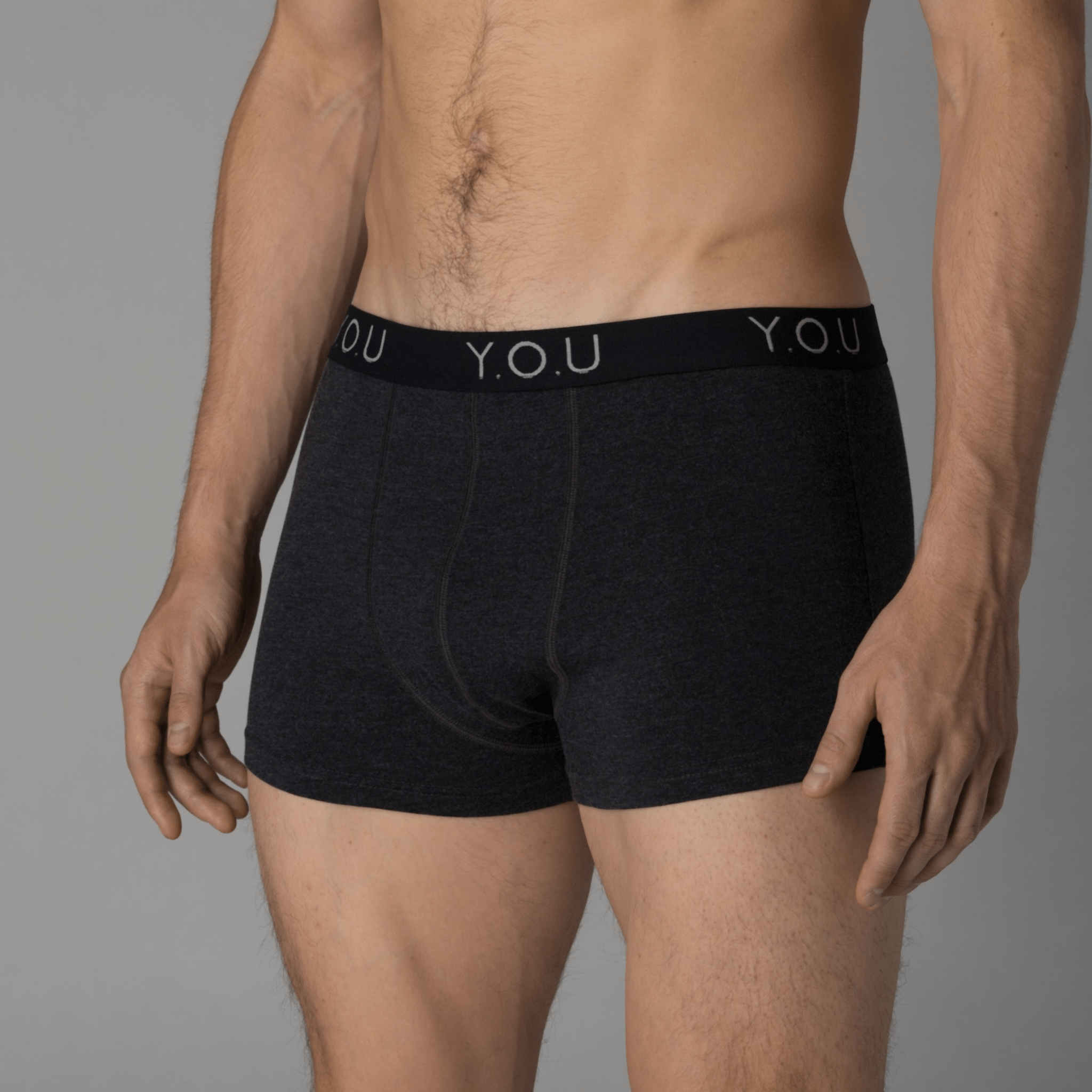

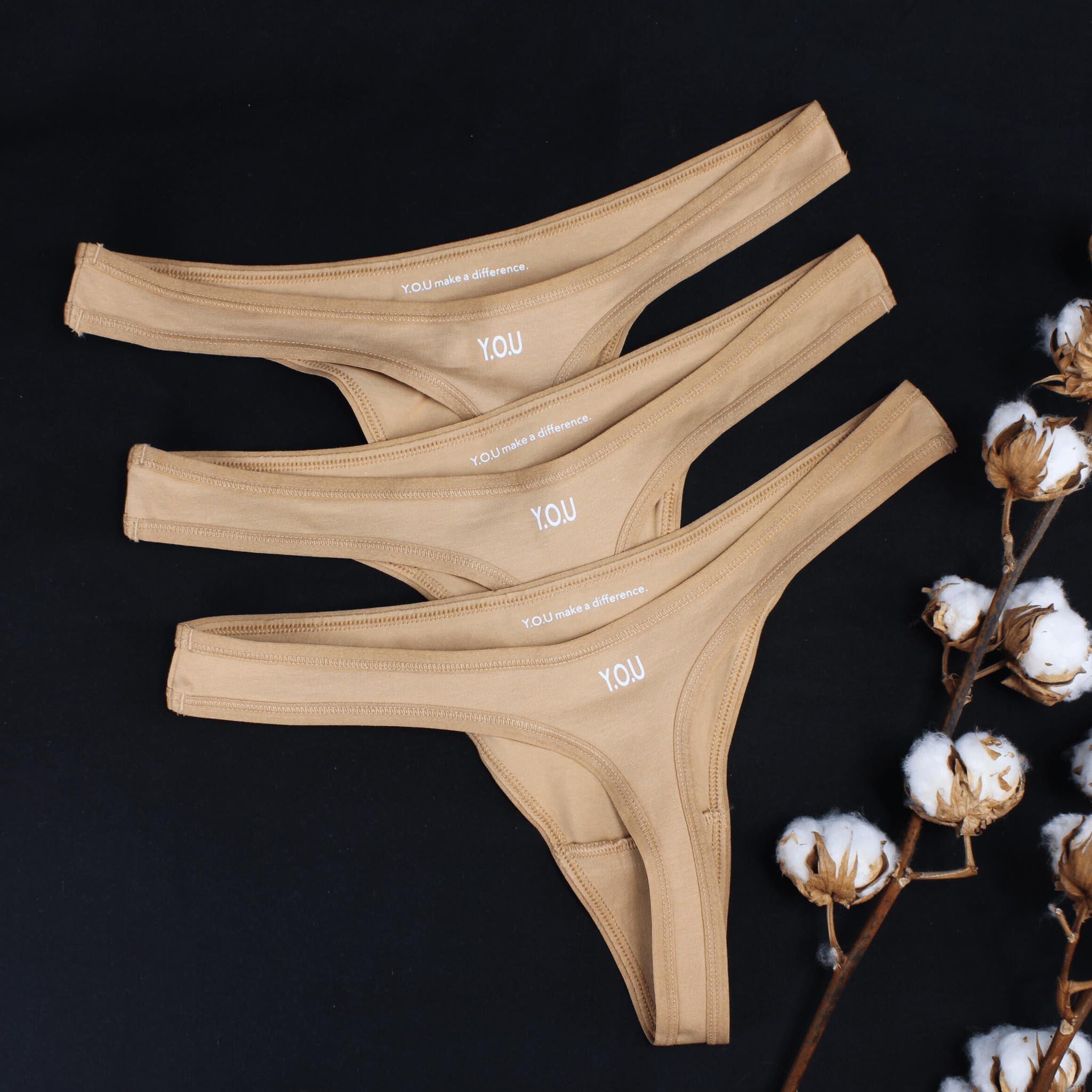
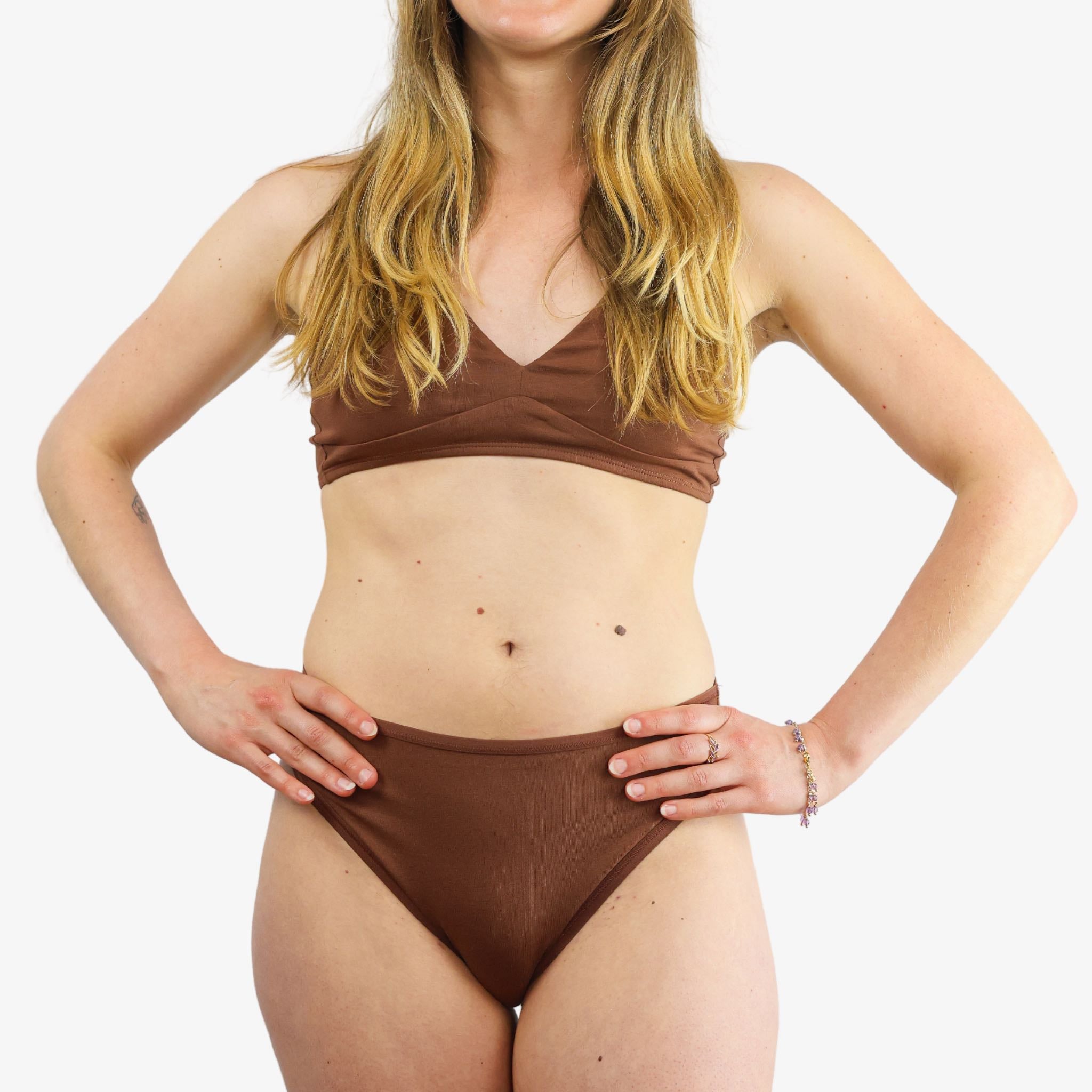
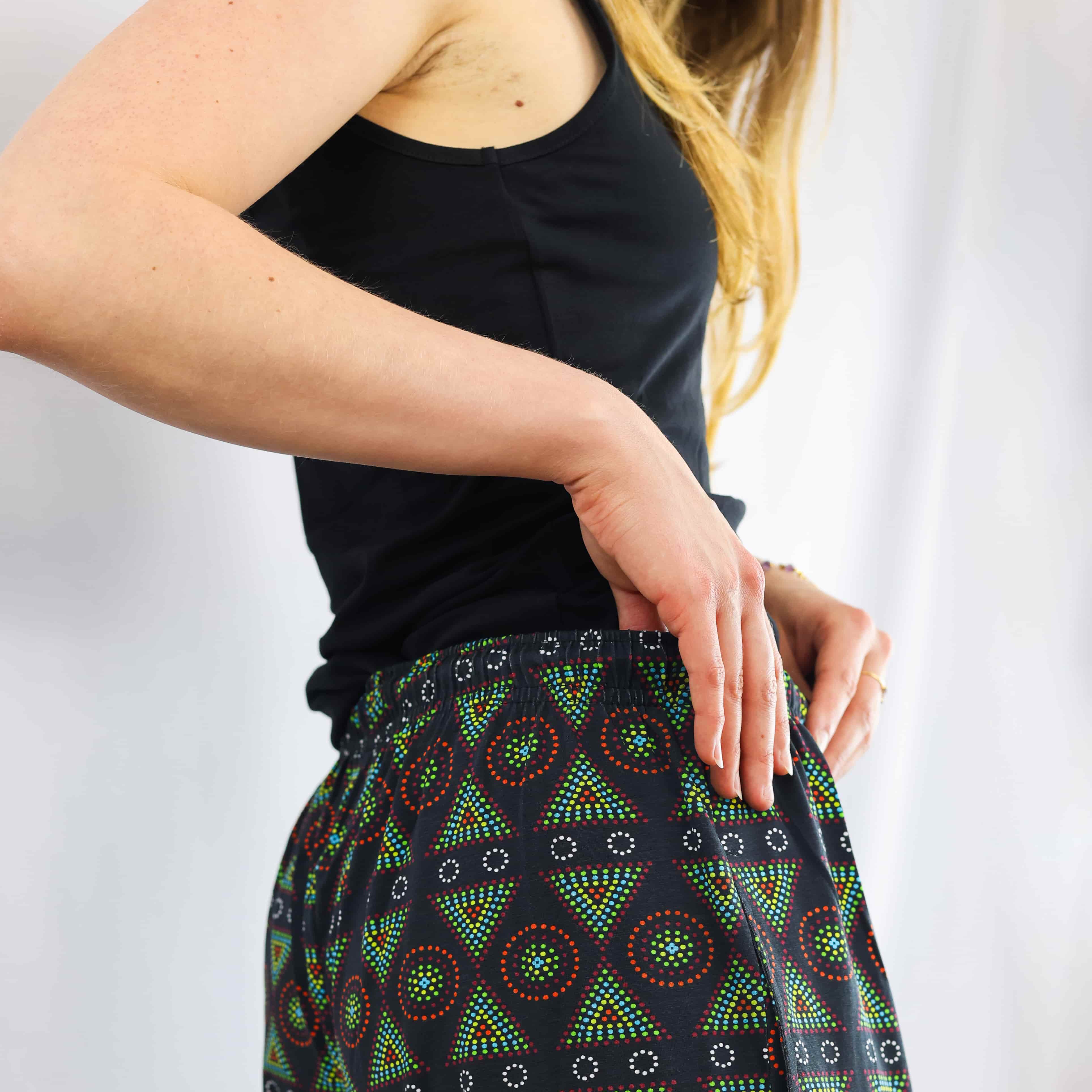
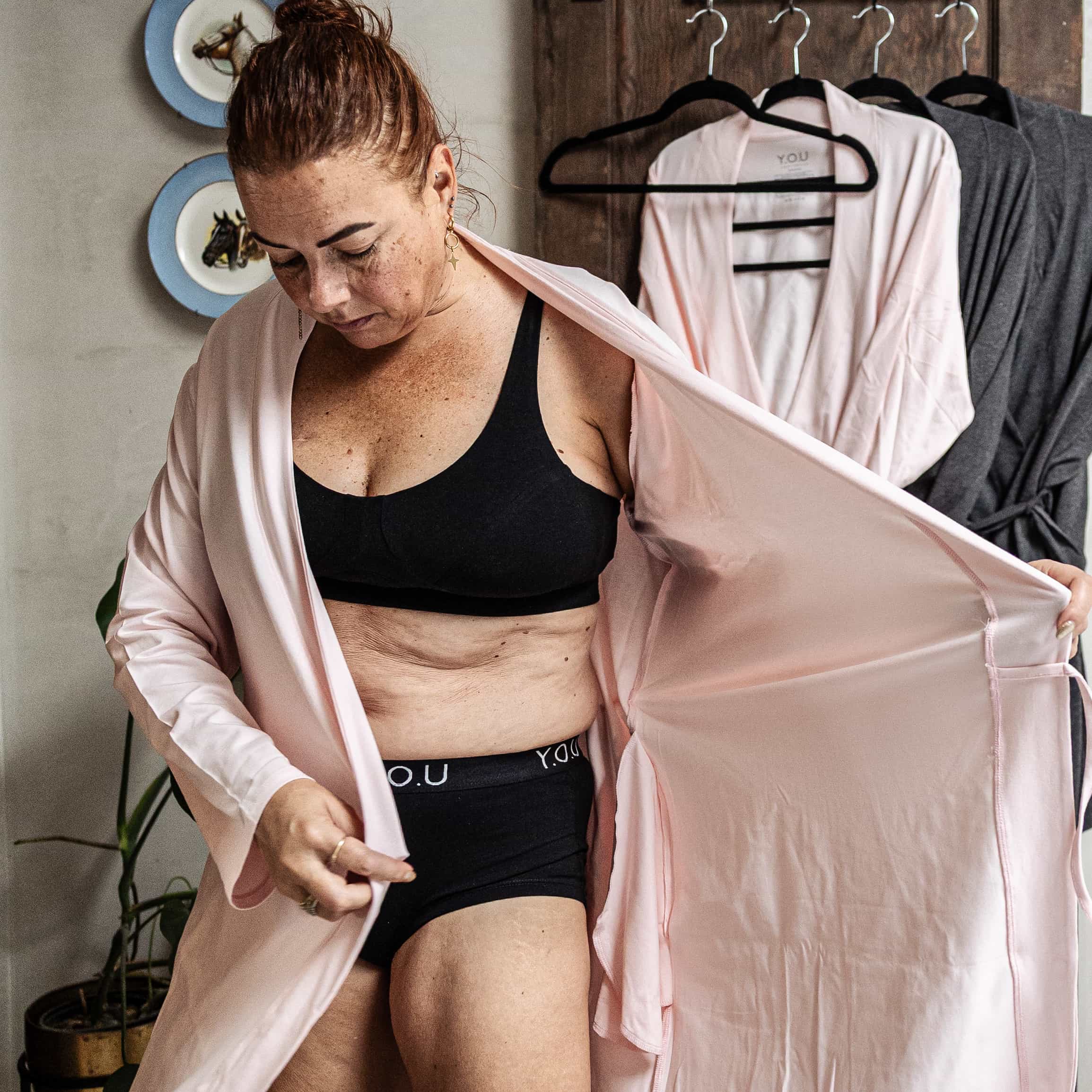

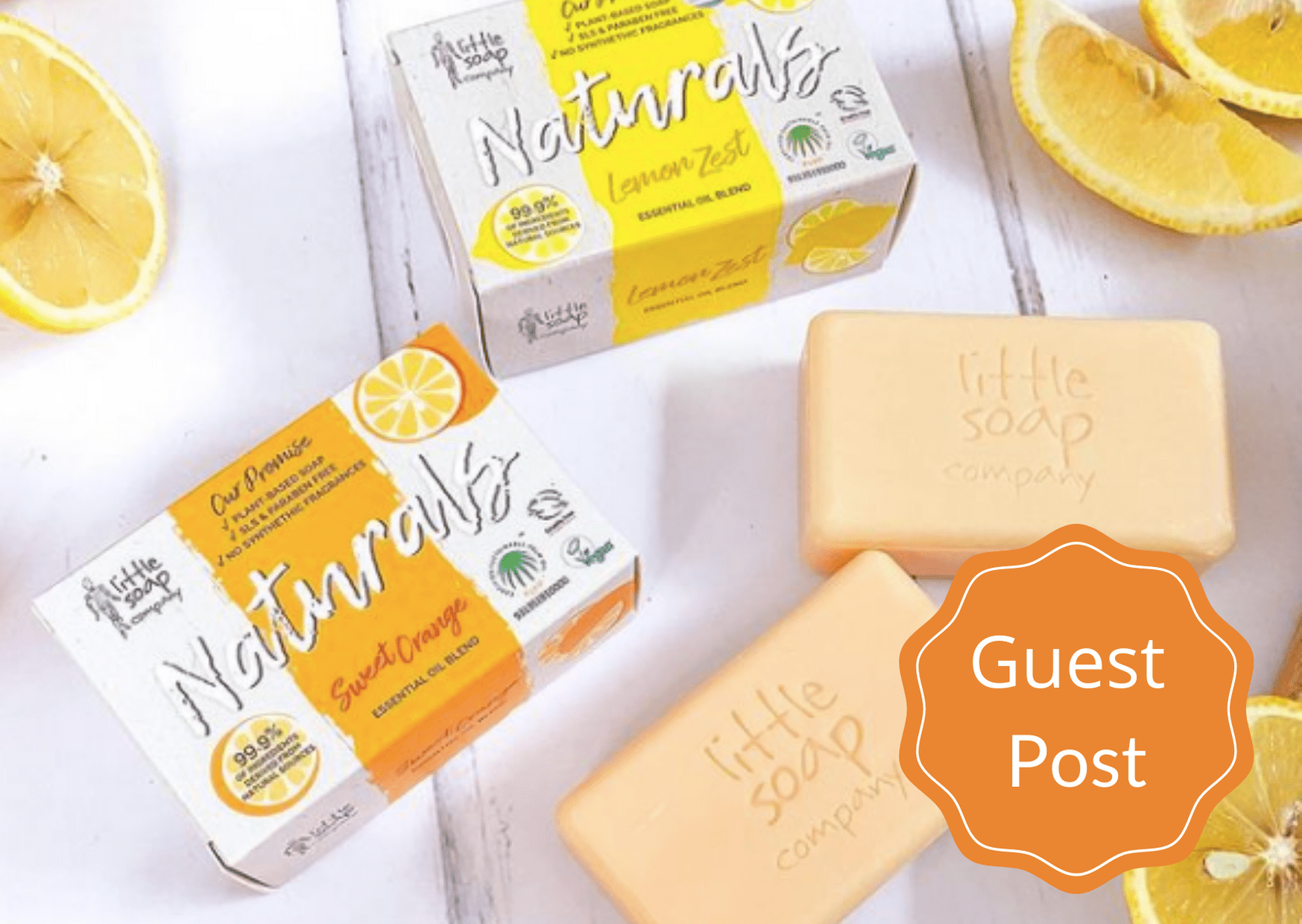



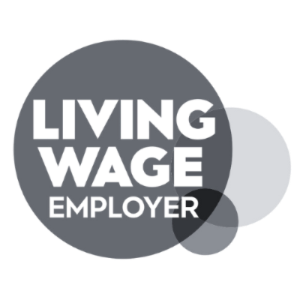



Leave a comment
This site is protected by hCaptcha and the hCaptcha Privacy Policy and Terms of Service apply.